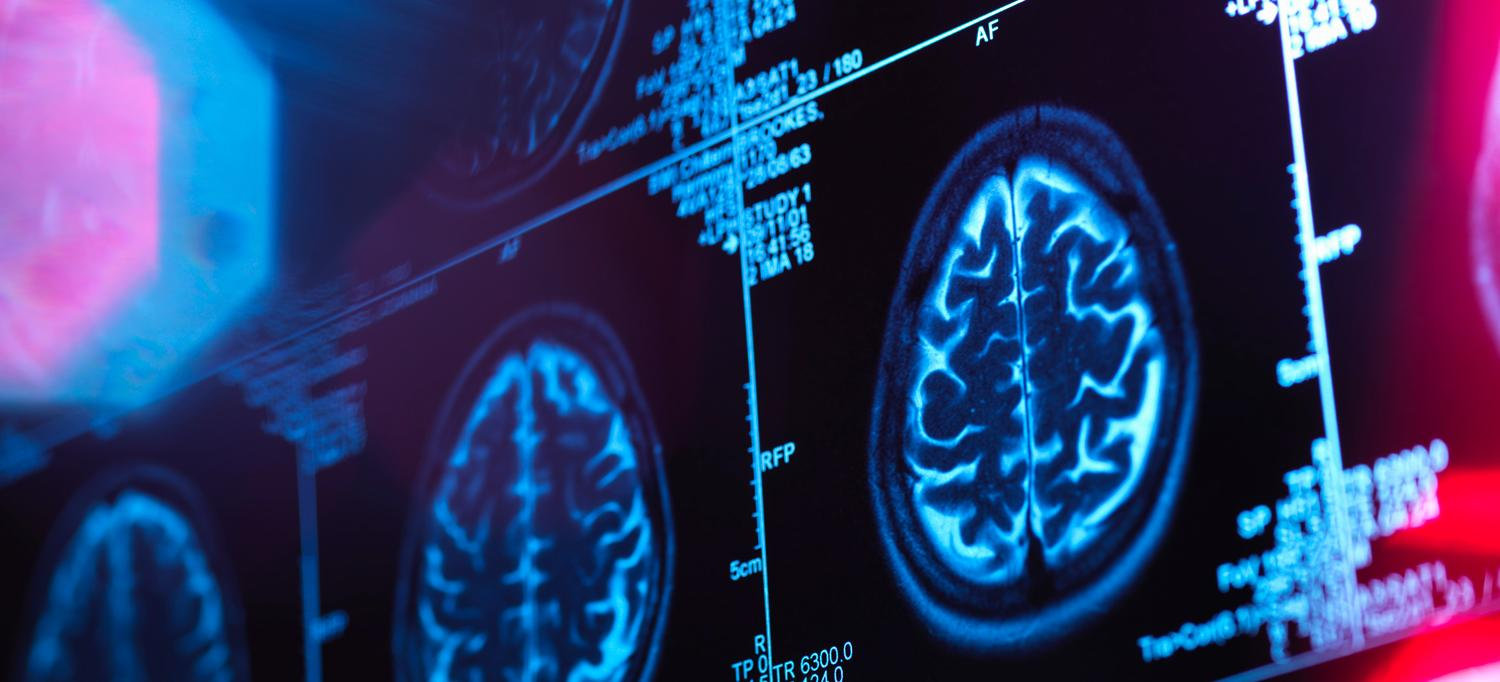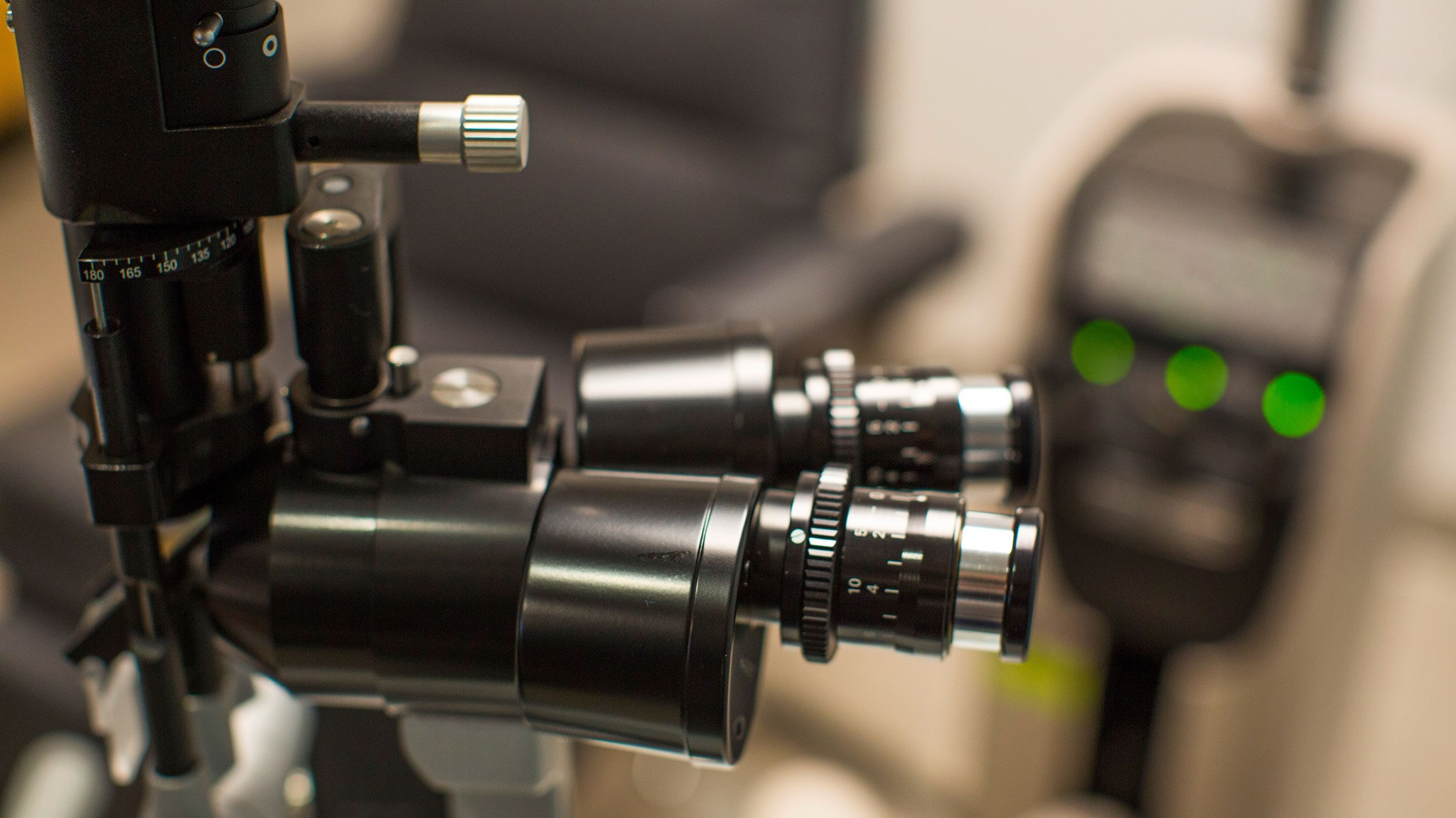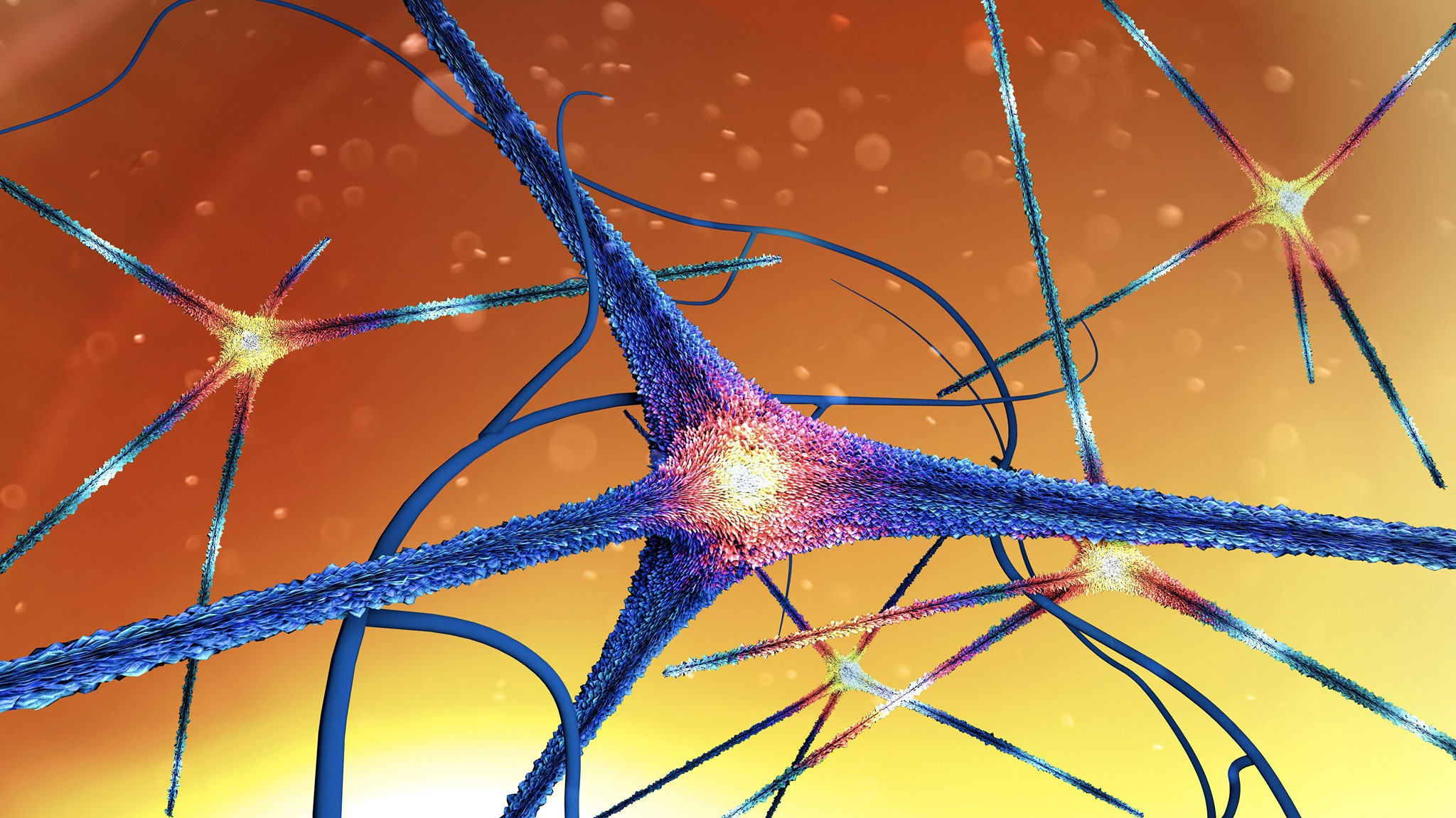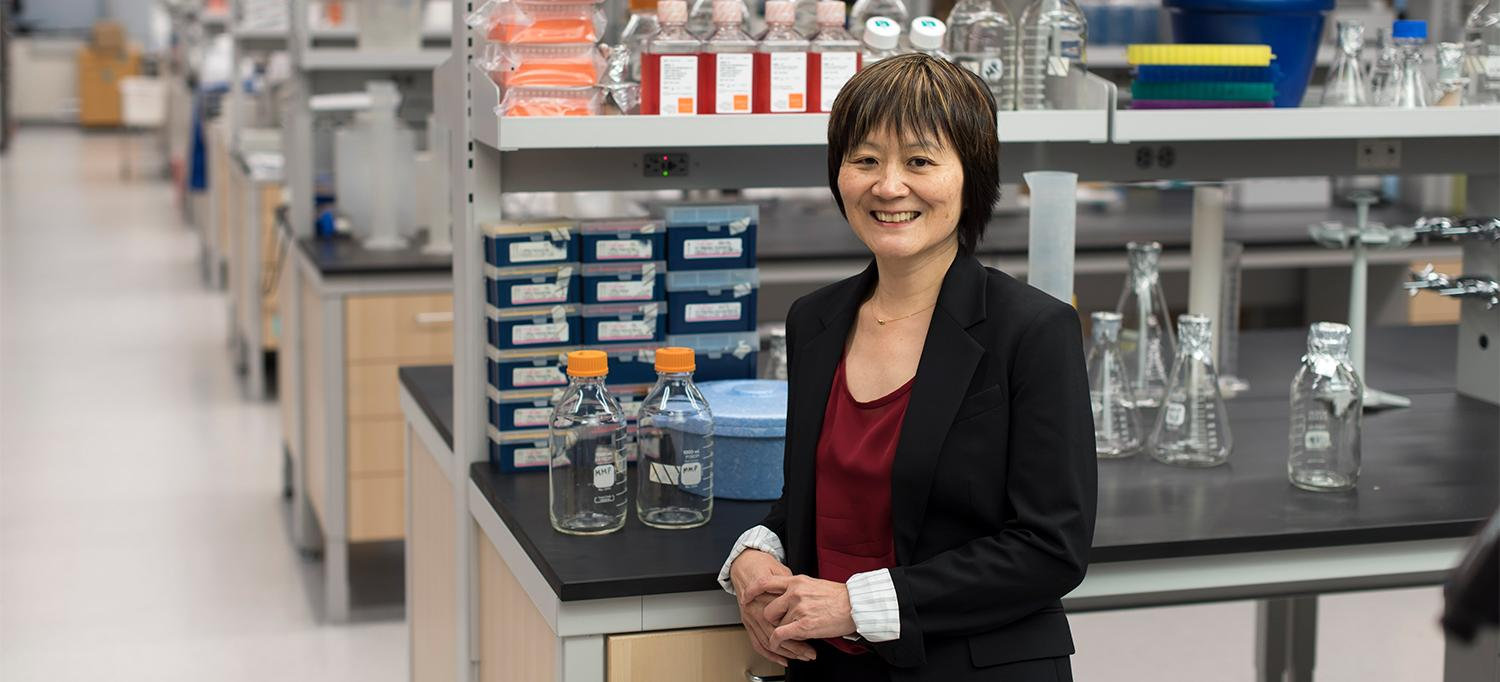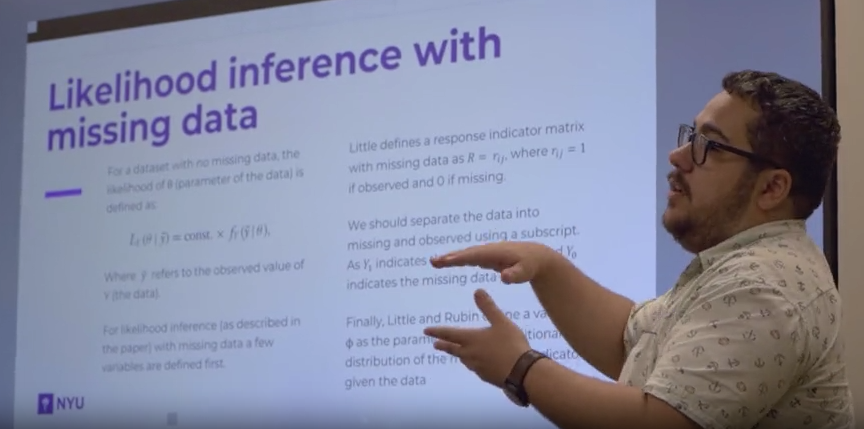Data, Medicine, and Health
The Data, Medicine and Health training cluster encompasses three training tracks: Biostatistics, Epidemiology, and Population Health.
Biostatistics is a scientific discipline that generates novel approaches to study design and data analysis, with a focus on improving human health and health care. Our graduates work in the fields of medicine, public health, and biology. They develop innovations in methodology, theory, and application of biostatistical methods to the entire spectrum of basic, clinical, and translational biomedical research.
In the epidemiology track, you receive mentoring and training in the theory and methods of epidemiology, including study design, measurement, and causal inference, to examine the distribution and determinants of health in human populations.
Our population health track has research strengths in healthcare delivery science, health disparities, epidemiologic methods, comparative effectiveness and decision science, implementation science, behavior change theory and practice, medical ethics, and health informatics.

